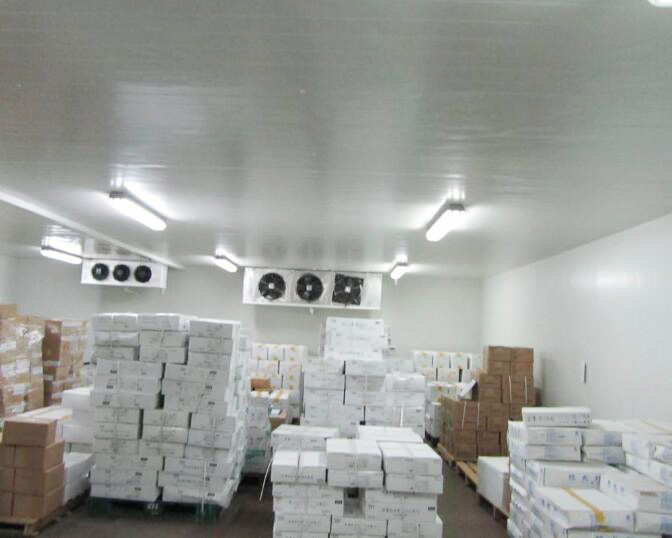Storage of milk and other dairy products is a little bit more sensitive. These products require constant and excellent protection to avoid any kind of deterioration of the quality of the product. Usually, dairy products contain microorganism that makes it almost impossible to use these products for a long period without proper storage.
The required temperature to store your milk and dairy products is 2°C to 4°C (36° to 39°F). If the temperature gets lower than this, the milk will get contaminated. As soon as milk or any other dairy product gets bad, you cannot correct it. The only option is to dispose of it.

How do you keep your dairy products stored safely? Very simple! Just follow the guidelines listed below to properly save your milk and other related products;
● Store your dairy products in a protective covering so that they don’t absorb any odor from their surroundings
● Don’t store your dairy products alongside with vegetable. Using a separate refrigerator or a warehouse as the case may be is preferable
● Ensure that the cold room is clean always. Dairy products are very sensitive.
● Apply the principle of rotation while storing your products. Use the old ones first and store the new ones for later
● Don’t order for dairy products too far in advance from when they will be used. The best delivery pattern is daily
For the best cold room storage facility to store your dairy products, engage a general contractor like Kendall to manufacture high-quality Milk cold storage rooms. We are experts in building the best cold rooms and freezers. If you need a diary cold storage warehouse, our engineers will work closely with you to deliver a high-quality storage room.
We design cold rooms that will keep your dairy products at optimal conditions. Our milk and the dairy cold room will save you a lot of overhead costs. Kendall’s cold room systems consume less energy and produce the required temperature to store your milk and dairy products.
Our milk and dairy storage services include;
● The building of ice water systems
● Quick cooling rooms for yoghurt
● Cold rooms for cheese
● Building cold rooms for butter
● Production of storage facilities for heating and incubation
● Designing and building hygienic evaporator in line with HACCP
● Building engine rooms that are in accordance with European standards
● Control and monitoring with PLC/SCADA
